|
.
The demerit points system is now set to start on May 26th 2020 in T&T. Are you ready for it? Do you understand it? Here are 15 things you should know about the demerit points system in T&T:
1. What is it?
The Demerit Points System is used to monitor, track and improve the road behaviour of drivers in Trinidad and Tobago. 2. How does the Demerit Points system work?
Demerit points are electronically calculated and recorded on driving permit records.
Everyone starts with zero (0) demerit points on their driving permit record. A person can accumulate demerit points on their driving permit record, for committing certain traffic violations and offences which carry demerit points. The more traffic violations or offences that are committed – such as speeding, unauthorised use of the Priority Bus Route, or Driving Under the Influence of alcohol (DUI), the more demerit points that are electronically accumulated on a person’s driving permit record. Depending on the total amount of demerit points accumulated within a specified period, this could result in the suspension of a person’s driver’s permit, as well as other consequences. 3. How long will demerit points stay on my driving permit record? According to Section 88O (1) of the Motor Vehicles and Road Traffic Act (as amended by Act No. 9 of 2017): "88O. (1) Subject to subsection (2), where demerit points have been recorded against the driving permit record of a person and two continuous years have elapsed without additional demerit points being recorded, the demerit points recorded against that person’s driving permit record shall be expunged. (2) Where a person is disqualified by an order of a Court from holding or obtaining a driving permit, any demerit points recorded against the driving permit record of that person shall be expunged." This means that once two consecutive years have passed without you accumulating additional demerit points (2 years of good behaviour), the demerit points recorded will be automatically removed from your driving permit record. 4. Is there a distinction made between newly licensed drivers versus experienced drivers?
Yes, for the purpose of administering demerit points and disqualification periods, there is a distinction between a newly licensed driver or provisional permit holder AND an experienced driver.
A newly licensed driver or a provisional permit holder is an individual who holds their driving permit or provisional permit for a period of twelve (12) months or LESS from the date of issue. An experienced driver is an individual who holds their driving permit for a period of MORE than twelve (12) months from the date of issue. 5. How many demerit points would lead to a new driver being barred from driving?
If a new driver, that is, someone holding a driving or provisional permit for less than 12 months from the date of issue, gets 7 or more demerit points within a 12-month period, he/she shall be disqualified from holding or obtaining a driving permit for a period of one year [according to 88M. (1) of the Motor Vehicles and Road Traffic Act (as amended by Act No. 9 of 2017)].
6. How many demerit points would lead to an experienced driver being barred from driving?
According to 88M. (2) of the Motor Vehicles and Road Traffic Act (as amended by Act No. 9 of 2017): If an experienced driver accumulates:
7. Did you know that there are no demerit points for traffic violations detected by automated cameras?
Yes, that's right. There are no demerit points for traffic violations detected by automated cameras. For example, red-light cameras. However, the owner/s of the motor vehicle involved in the traffic violation will still be responsible for ensuring the payment of any fixed penalty resulting from the violation.
8. How are demerit points for simultaneous traffic violations recorded?
According to 88L. of the Motor Vehicles and Road Traffic Act (as amended by Act No. 9 of 2017):
If a motorist has committed multiple traffic violations in one incident, he or she will be issued a traffic ticket for each traffic violation and the motorist will be responsible for paying ALL the stipulated fines on each ticket. However, ONLY the traffic violation that carries the HIGHEST number of demerit points will be applied on the driving permit record of the driver. For example, if a driver receives a ticket for the unauthorized use of the Priority Bus Route which carries six (6) demerit points, and also receives a ticket for an overcrowded vehicle which carries three (3) demerit points – in the same instance, the driver of the vehicle will be required to pay both fines. However, only six (6) demerit points will be applied to the driving permit record of the driver, which represents the higher of the both violations. Additionally, if multiple traffic violations that occurred in the same instance, carry an EQUAL number of demerit points, the demerit points for only ONE traffic violation will be applied on the driving permit record of the driver. For example, if a driver receives a ticket for failing to have tail lights which carries three (3) demerit points, and also receives a ticket for an overcrowded vehicle which also carries three (3) demerit points - in the same instance, the driver of the vehicle will be required to pay both fines. However, only three (3) demerit points will be applied to the driving permit record of the driver, which represents just one of the traffic violations. Only in the instance where a driver breaks the red light (without being captured by the camera enforcement technology) AND exceeds the speed limit, will the demerit points for both violations be recorded, AS WELL AS the highest number of demerit points for any other violation arising out of the same incident. 9. Did you know demerit points for certain traffic violations can be doubled during certain periods?
Yes. DOUBLED.
According to 88P. of the Motor Vehicles and Road Traffic Act (as amended by Act No. 9 of 2017), the Minister may from time to time determine which traffic violations will carry double the number of demerit points and determine the period of time in which the double demerit points would apply. The purpose of this law appears to be for periods in time where statistics have shown a higher number of road fatalities and serious accidents. For example, during long weekends, Carnival, Easter and the Christmas and New Year's Day Holiday season. As an example, a person driving a motor vehicle without a seatbelt usually carries four (4) demerit points. During the double demerit points period, this traffic violation will carry eight (8) demerit points. The public will be notified of the implementation of double demerit points by way of publication in the daily newspapers (in at least one daily newspaper), at least five (5) days prior to its commencement. The period allocated to double demerit points will not exceed ten (10) consecutive days. 10. Would a driver be able to contest the award of demerit points on his/her driving permit record? Yes, if a driver files a "Notice of Contest", then the traffic violation and the applicable number of demerit points will not be added to his driving permit record until the conviction is confirmed on appeal. This means the driver will first have a chance in court to contest against the alleged traffic violation specified in the fixed penalty notice. According to Section 83 Subsection (1) of the Act: “Where a fixed penalty notice has been issued or affixed under section 81, the driver or owner of the vehicle, as the case may be, shall, unless he files a Notice to Contest, pay the fixed penalty within thirty days from the date that the fixed penalty notice was issued or affixed, or such longer period as the Minister may by Order prescribe.” The person must file the "Notice of Contest" with a payee within fifteen (15) days from the date that the fixed penalty notice was issued or affixed (Section 85(1) of the Act). If the driver does not pay the fixed penalty within 30 days and a Notice to Contest is not filed, then demerit points are awarded on his/her driver's permit record. 11. Will a driver be notified that he/she has been disqualified from holding or obtaining a driving permit? Yes. If the person is holding a driving permit for more than 12 months and is being disqualified pursuant to section 88M(2) of the Act (mentioned at question No. 6 above), the Licensing Authority is required to notify the person in writing of its intention to disqualify him or her. The Licensing Authority is required to specify in the notice, the date on which suspension of the permit will be made; the date given cannot be less than fourteen (14) days after the date of the notice. The notice also calls upon the person to show cause why he or she should not be disqualified. Where a person fails to show cause why he or she should not be disqualified and the Licensing Authority decides to disqualify that person from holding or obtaining a driving permit, the Authority must immediately notify that person of the disqualification in writing. A person who is disqualified from holding or obtaining a driving permit may, within fourteen (14) days of the receipt of the notice that he or she has been disqualified, appeal to a Court of competent jurisdiction against that decision and the decision of that Court shall be final. 12. What happens if the driver fails to give up his/her driver’s permit after being disqualified? Where a person has been disqualified from holding or obtaining a driving permit, the person must, within fourteen (14) days of being informed of the disqualification, surrender his driving permit to the Licensing Authority. If the person does not, he or she can face a fine of $5000TT and a further disqualification for an additional period of one year (Section 88M (7) of the Act). 13. During the disqualification period what happens if a driver tries to re-apply for a driving permit? A person who is disqualified from holding or obtaining a driving permit, cannot, during the period of disqualification, apply to the Licensing Authority to have his or her permit re-issued unless the period of disqualification has expired or it is removed under section 88M(8) of the Motor Vehicles and Road Traffic Act. A person who tries to apply to have his or permit re-issued during the period of disqualification commits an offence and is liable to a penalty of $10,000TT - Section 88N. (4) of the Motor Vehicles and Road Traffic Act. Additionally, if a person makes a fraudulent application (uses false information or deception) for a driver's permit, he or she can face a fine of $2000TT and imprisonment for six months. S88Q of the Motor Vehicles and Road Traffic Act states: "Where a person who, under this Part, is disqualified from holding or obtaining or has been refused from obtaining a driving permit, with intent to deceive--
14. After the period of disqualification has passed, how does a person get his driver's permit back? To be reissued a permit after the expiration of the period of disqualification, the person disqualified would be required to: i) Participate in a driver's rehabilitation programme approved by the Licensing Authority; ii) Pass a driving test; and iii) Pay a new driving permit fee. 15. What are examples of traffic violations and offences with the highest number of demerit points? Here are some examples of traffic violations and offences with the highest number of demerit points in T&T:
CLICK HERE to see a full list of traffic violations and offences with their applicable demerit points www.drivingtt.com is also a great online resource for understanding the demerit points system in T&T. Now you're ready for the demerit points system in T&T! Important Notice: This post does not constitute legal advice. Always consult with an attorney on any legal problem or issue. This website is managed by AURORA Chambers; a law practice in Trinidad and Tobago. Click HERE to receive updates straight to your inbox by subscribing to our newsletter.
0 Comments
Leave a Reply. |
Categories
All
Archives
June 2024
|
LawForAllTT.com |
|



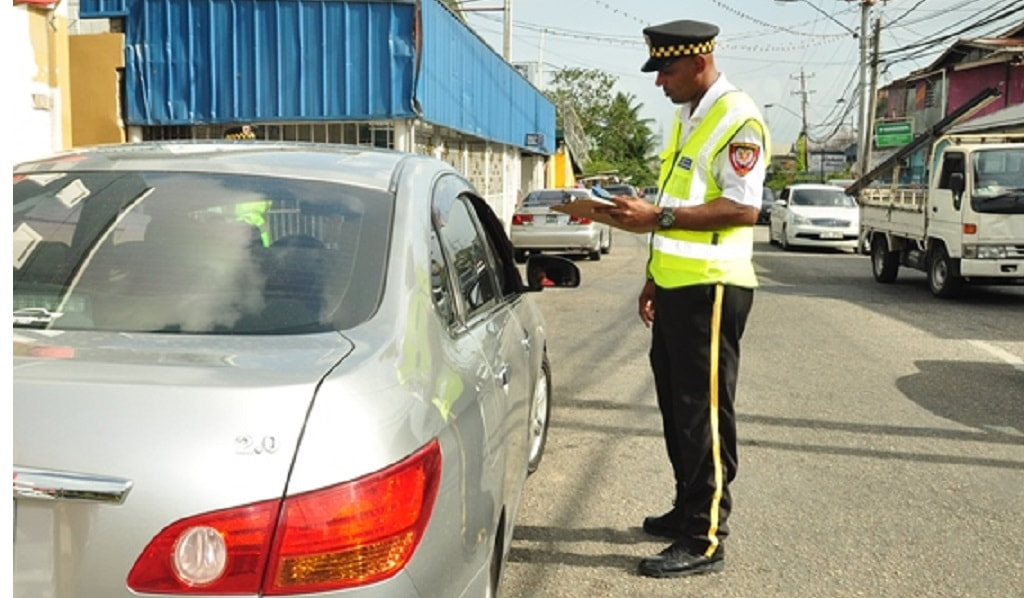
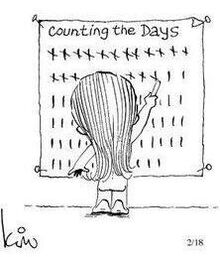



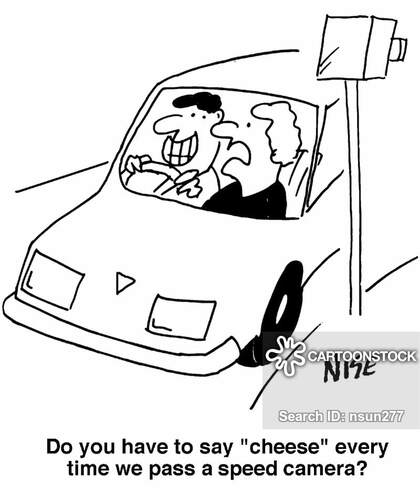
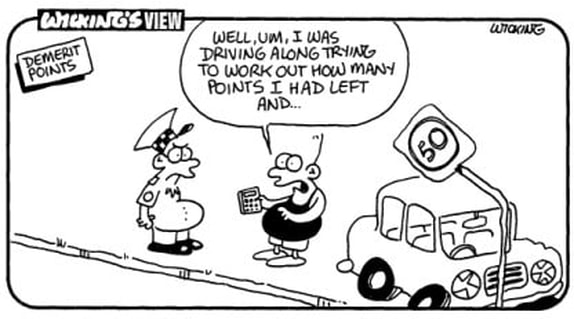

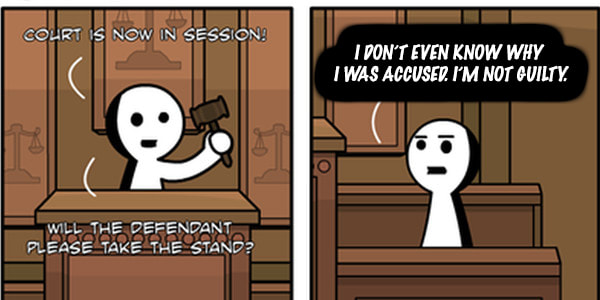
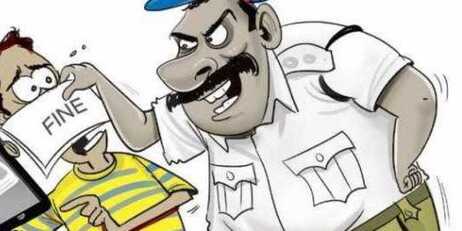

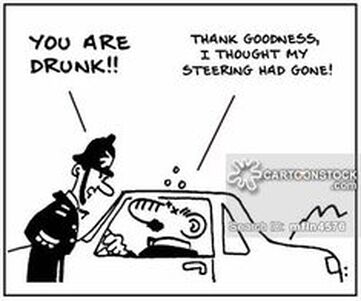

 RSS Feed
RSS Feed